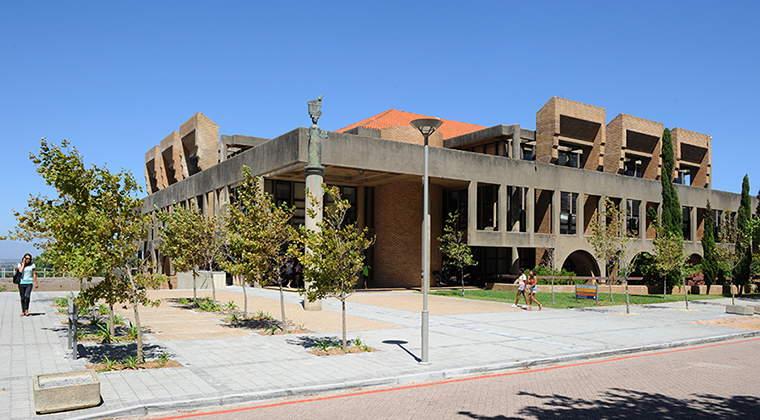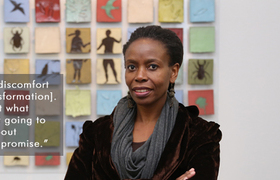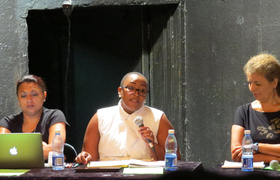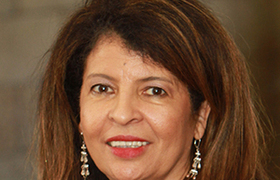Faculty of Law responds to CHE report
16 November 2017 | Story Chris Mitchell. Photo Michael Hammond.
The University of Cape Town’s (UCT) Faculty of Law has expressed its surprise and concern about the interim feedback from the National Review of its Bachelor of Laws (LLB) programme that was undertaken by the Council for Higher Education (CHE).
The review process marks the first-ever accreditation process of law degrees in South Africa and the CHE has notified UCT that accreditation for its undergraduate law programme may be withdrawn unless certain conditions are met. Withdrawal of the accreditation would mean that the university would no longer be able to offer its undergraduate law degree.
Dean of UCT’s Faculty of Law, Penelope Andrews, said that the provisional findings were in stark contrast with both the faculty’s reputation as the top law school in South Africa, as well as the performance of UCT law graduates, who remain in high demand from law firms across the country and internationally. The faculty has been ranked (in the QS Subject Rankings) in the 51–100 range for the last three years (2015–2017), and was ranked as the 40th law faculty globally in 2014.
“Since the accreditation process is not yet completed, the early release of this information has needlessly placed the institution in a bad light during what has been a very difficult time. We believe that the release of this information could have been managed with greater sensitivity,” said Andrews.
The Faculty of Law has until May 2018 to respond to the CHE findings.
“We have taken note of the CHE’s particular focus on excellence, ethics and equity, and the critical need for transformation across the industry. These are all issues that the faculty has been deeply immersed in for several years now and has made significant progress on. As we take some of these developments for granted now, we suspect that our initial submission may not have adequately detailed the extent of those activities, discussions and reflections within the law school,” she said.
Andrews added the faculty would be submitting its revised improvement plan within the next few weeks.
“The faculty is confident that we will be able to retain our accreditation. We will certainly address the concerns raised in the CHE report, and we look forward to further engagement with them to continue improving upon our excellent LLB programme.”
Read Penelope Andrews’ article on transformation in legal education in The Conversation…
 This work is licensed under a Creative Commons Attribution-NoDerivatives 4.0 International License.
This work is licensed under a Creative Commons Attribution-NoDerivatives 4.0 International License.
Please view the republishing articles page for more information.










